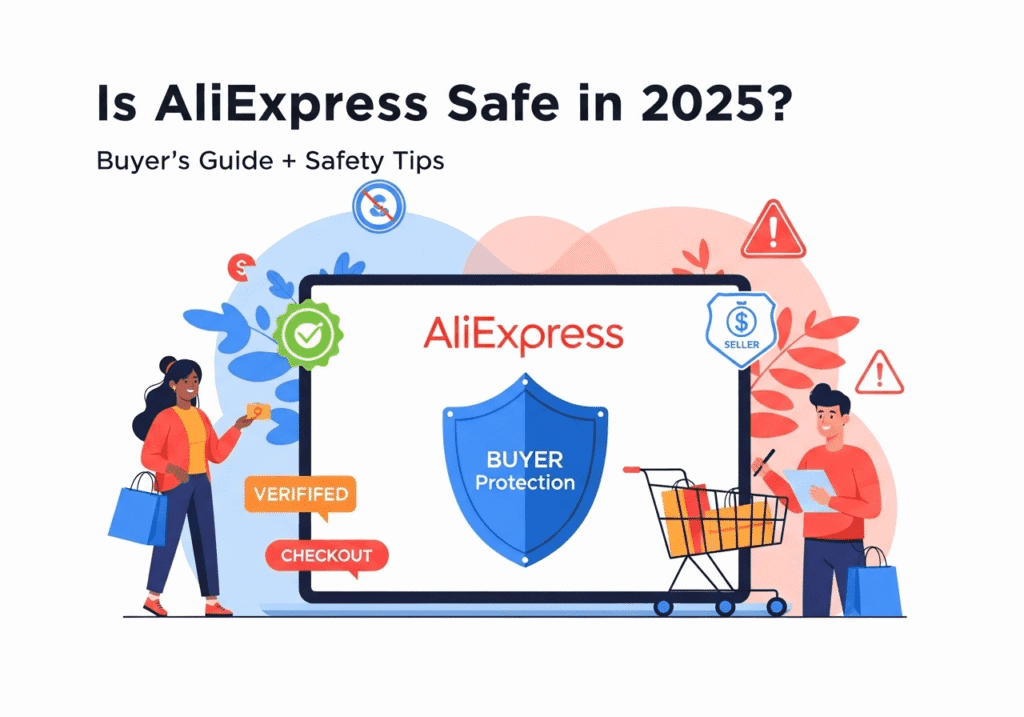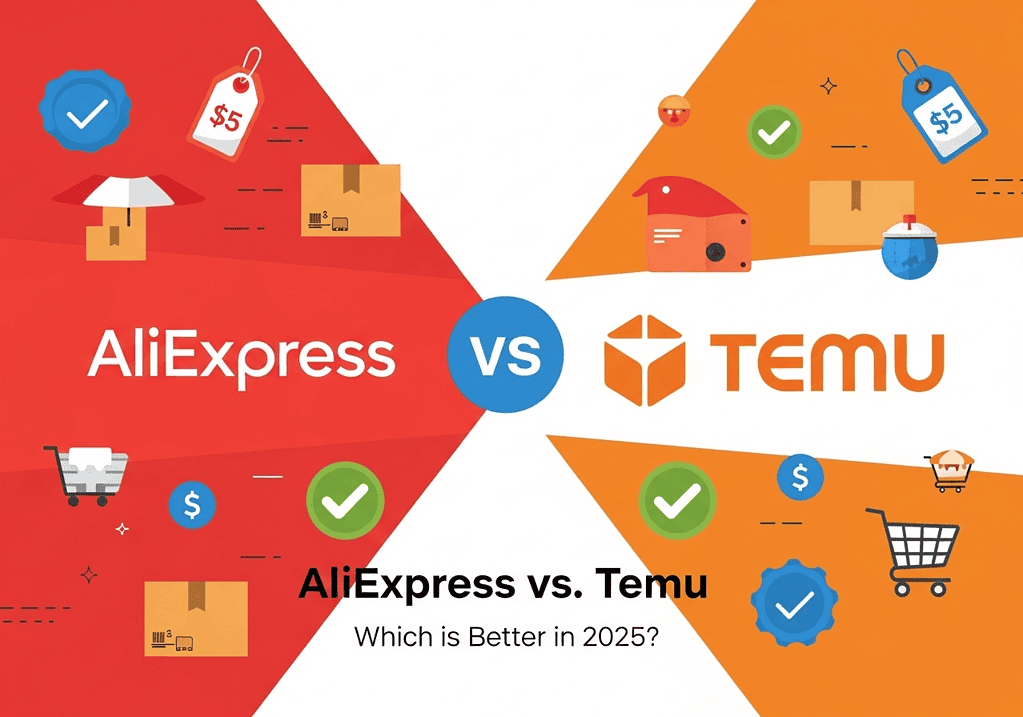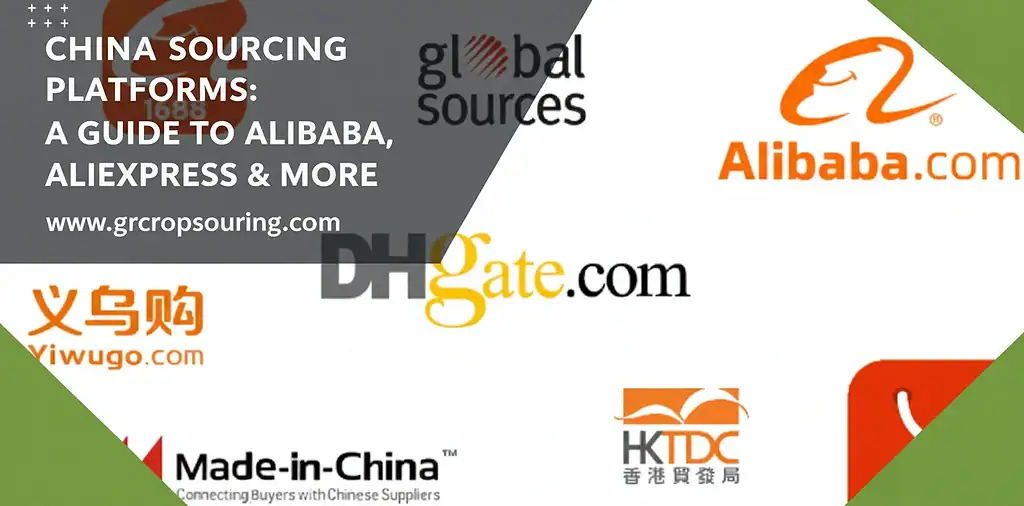Is Alibaba Legit & Safe? A Buyer's Guide for 2025
“The prices on Alibaba seem too good to be true. Is it a scam?”
As a professional sourcing agency, this is the first question we hear from new clients almost every single day. We completely understand the concern. When you’re preparing to wire thousands, or even tens of thousands of dollars to a supplier you’ve never met overseas, being cautious isn’t just smart—it’s essential for protecting your business.
So, what’s the final verdict? Having successfully managed over 1,000 orders on the platform, we can tell you with confidence: Yes, Alibaba is a legitimate platform, but its safety ultimately depends on how you use it.
This article presents our battle-tested framework for safe sourcing. After reading, you’ll not only master Alibaba’s official safeguards but also gain access to our internal supplier vetting checklist to identify and avoid 99% of potential transaction risks.
Understanding Alibaba: A B2B Marketplace, Not Amazon
Before we dive into safety, we need to be clear about what Alibaba is—and what it isn’t. It’s not a retail site like Amazon, where you can expect a simple, one-click buying experience.
Alibaba’s business model is that of a **B2B (Business-to-Business) online wholesale marketplace**. Think of it as a massive, 24/7 virtual trade show. Its core function is to connect global buyers (like you) with Chinese sellers (mostly factories and trading companies).
As a publicly-traded company on the New York Stock Exchange (NYSE: BABA), its legitimacy and massive scale are beyond question. The platform itself isn’t a scam. But, like any huge marketplace, it inevitably contains a small number of untrustworthy sellers. The challenge, therefore, isn’t the platform itself, but learning how to navigate it to find reliable partners.
Alibaba's Core Safety Net: Trade Assurance
If you learn only one thing from this article, let it be this: **Trade Assurance**.
This is Alibaba’s free order protection service for buyers, and it is your single most important safety tool when making a transaction. **In our professional opinion, you should never do business with a supplier who refuses to use Trade Assurance.**
What is Trade Assurance?
In simple terms, it’s an escrow service. When you place an order and pay through Trade Assurance, your money doesn’t go directly to the supplier’s bank account. Instead, it’s held by Alibaba. Only after you confirm that you’ve received your goods and they meet the quality standards agreed upon in your contract does Alibaba release the payment to the seller.
What Does Trade Assurance Cover?
It protects you against two primary risks:
1. **Product Quality:** Ensures the products you receive match the specifications in your purchase contract.
2. **On-time Shipment:** Ensures the supplier ships your order by the date agreed upon in your contract.
If a supplier fails to meet either of these obligations, you can open a dispute directly on the Alibaba platform. If the dispute is ruled in your favor, you can receive a partial or full refund.
Our Real-World Experience: How We Vet Suppliers (Beyond the Basics)
Trade Assurance is your foundation, but professional buyers never rely solely on reactive measures. **Proactive, in-depth supplier vetting** is the most effective way to prevent problems before they occur.
Here’s a look at our internal “Five-Step Vetting Process,” illustrated with a real client story.
Case Study:
The Client: We recently worked with a client who operates a successful Shopify store catering to yoga enthusiasts. He wanted to source 500 custom-branded yoga mats made from eco-friendly TPE material. He found a supplier in Zhejiang province whose quote was 30% below the market average and was ready to place an order.
Our Vetting Process: Before he did, we stepped in and applied our five-step method:
1. **Check Company Age & Tier:** The first thing we always do is check their profile. The supplier was a “Gold Supplier” but had only been on the platform for one year—a potential red flag.
2. **Review Business Profile:** We checked their official Business License details. Their registered scope was “General Merchandise Sales,” with no mention of “manufacturing.”
3. **Analyze Negative Reviews:** We focused on the few bad reviews they had. One buyer complained about significant shipping delays and poor quality of the logo printing.
4. **Request Documentation:** We asked for their Business License and REACH certification for the TPE material. Their responses were slow and evasive.
5. **The Key Step – Video Call Audit:** We requested a video call to tour their factory. They refused, giving multiple excuses. This was the final confirmation that they were just a trading agent, not a factory.
The Result:We explained the risks, saving the client from a potential $5,000 loss** on a bad order. We then helped him find a verified factory with 8 years of experience. The price was 15% higher, but the quality and delivery were guaranteed.
Red Flag Field Guide: 7 Warning Signs to Watch For
Based on our experience, unreliable suppliers often give themselves away. Memorize these seven red flags:
1. A Price That’s Too Good to Be True: It’s often bait for poor materials or fraud.
2. Refusal to Use Trade Assurance: They’ll ask for direct payment via bank transfer (T/T). Walk away. Immediately.
3. Company Age Under 1 Year: New companies require much more thorough vetting.
4. Sample vs. Mass Production Quality: A classic bait-and-switch tactic.
5. Frequent Changes in Contact Person: Indicates a chaotic internal structure.
6. A Poorly Made Website: A professional company invests in its online presence.
7. Vague Answers to Technical Questions: If they can’t answer specifics, they likely aren’t the manufacturer.
Frequently Asked Questions (FAQ) about Alibaba's Safety
Q1: What’s the difference between a “Gold Supplier” and a “Verified Supplier”?
A “Gold Supplier” is a paid membership that verifies the company legally exists. A “Verified Supplier” is a higher tier where a third-party inspection company (like SGS or TÜV) has physically visited the factory, confirming their production capabilities. Always prioritize Verified Suppliers.
Q2: Is it safe to use my credit card on Alibaba?
Yes, it is safe as long as you pay through the Alibaba Trade Assurance checkout system. The platform uses standard encryption, and your card details are not shared with the seller.
Q3: Is it safe to wire money (T/T) to an Alibaba supplier?
It is only safe if the payment is part of a Trade Assurance order. In this case, you are wiring money to an account held by Alibaba, not the supplier’s private account. Never wire money directly to a supplier’s personal or company account outside of this system.
Q4: What should I do if a dispute happens under Trade Assurance?
First, try to resolve it directly with the supplier. If that fails, go to your order page and click “Open a Dispute.” Before you do, gather all your evidence: the purchase contract, proof of payment, chat logs, and—most importantly—clear photos and videos showing the product’s problems.
Conclusion
So, let’s return to our original question: Is Alibaba a legitimate and safe platform?
The answer is yes—if you use it correctly.
Here are the key takeaways:
1. Alibaba is legitimate, but it requires diligence and caution. Treat it as a powerful sourcing tool, not a retail website.
2. Trade Assurance is your most critical safety tool.** Use it 100% of the time.
3. Proactive supplier vetting is non-negotiable.** Never make a decision based on price alone.
If you feel this vetting process is still too complex, or if you want to be 100% certain your first major sourcing project is a success, Let our experience work for you.
For a complete overview of our services, please see our Grcrop.Sourcing。
Let our experience work for you.
Schedule a free consultation with our sourcing experts today and let us help you navigate Alibaba safely and efficiently.
Table of Contents
Share:



